KABUL: Afghanistan’s morality ministry is gradually introducing a ban on images of living beings in media, with multiple provinces announcing restrictions and some Taliban officials refusing to be photographed or filmed, journalists across the country said.
Since mid-October the Ministry for the Propagation of Virtue and the Prevention of Vice (PVPV) has held meetings with journalists in one province after another. They informed media workers that a ban on taking and publishing images of living things — namely people and animals — from a recent “vice and virtue” law would be gradually implemented.
Television was completely banned under the Taliban’s previous stint in power from 1996 to 2001, but a similar edict had not been imposed since they ousted the Western-backed government three years ago.
Enforcement of many articles of the “vice and virtue” law, which codifies the Taliban government’s strict interpretation of Islamic law and includes sweeping codes of behaviour, has been uneven. But journalists expressed concern over the possibility of a full crackdown, which would make Afghanistan the only Muslim-majority country to impose such bans.
Journalists express concern over possibility of a full crackdown against media
“I have a very bad feeling about it — taking photos and images is an inseparable part of journalism,” a journalist in central Daikundi province said, asking not to be named for fear of repercussions.
He said media in Daikundi had only been allowed to record audio at events following a recent PVPV announcement. “Besides that, with the full implementation of this rule, many people working in the media will lose their jobs,” he added.
A full ban has not been imposed yet, however, and many ministries and government officials in Kabul have continued to post pictures of people.
“It seems the supreme leader (Hibatullah Akhundzada) and his allies in Kandahar want to apply the Taliban policy of the ‘90s, when images of living beings were forbidden,” South Asia Desk head for Reporters Without Borders (RSF), Celia Mercier, said. But “some Taliban officials seem to not necessarily agree with these new restrictions”, she said. “And imposing more restrictions may lead to discontent among the population already affected by the ban on school for young girls, women’s rights and many other measures.”
‘Implemented gradually’
PVPV has been spearheading a campaign to bring the law into force. On Oct 14, the ministry’s spokesman Saiful Islam Khyber said the ban on images of living things “applies to all Afghanistan... and it will be implemented gradually”.
Since then, multiple events announced by Taliban officials — primarily from PVPV but also from other ministries and governor offices, as well as some private events — have explicitly barred photography and filming.
On Wednesday, PVPV officials in the populous eastern province of Nangarhar told journalists that “every article of the law is determined by the light of Islam and all are obliged to implement it”.
Published in Dawn, October 29th, 2024



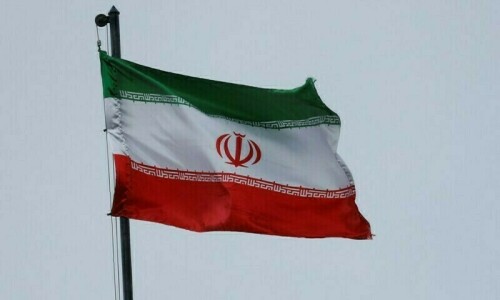












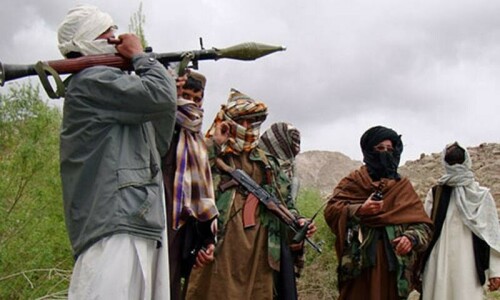




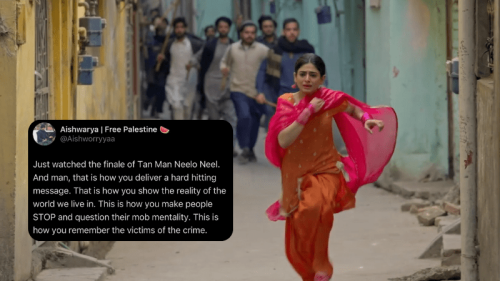













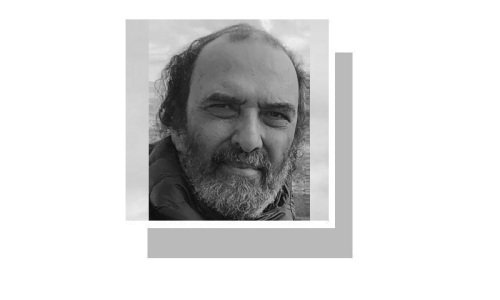


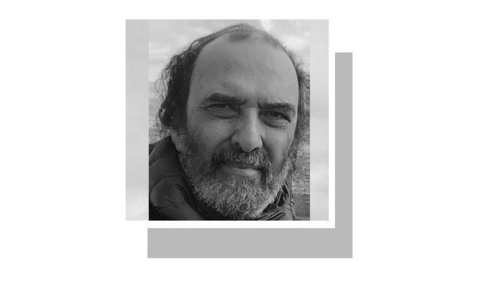








Dear visitor, the comments section is undergoing an overhaul and will return soon.